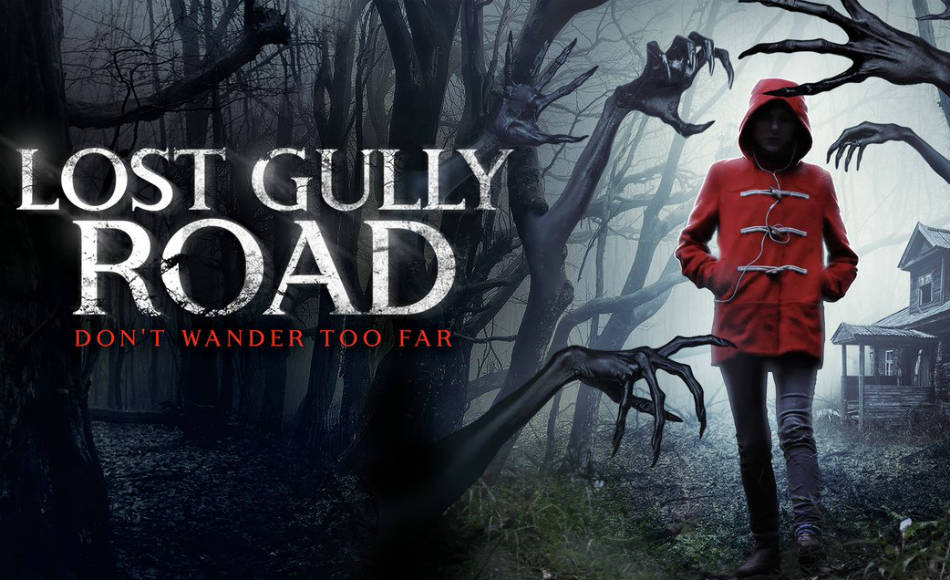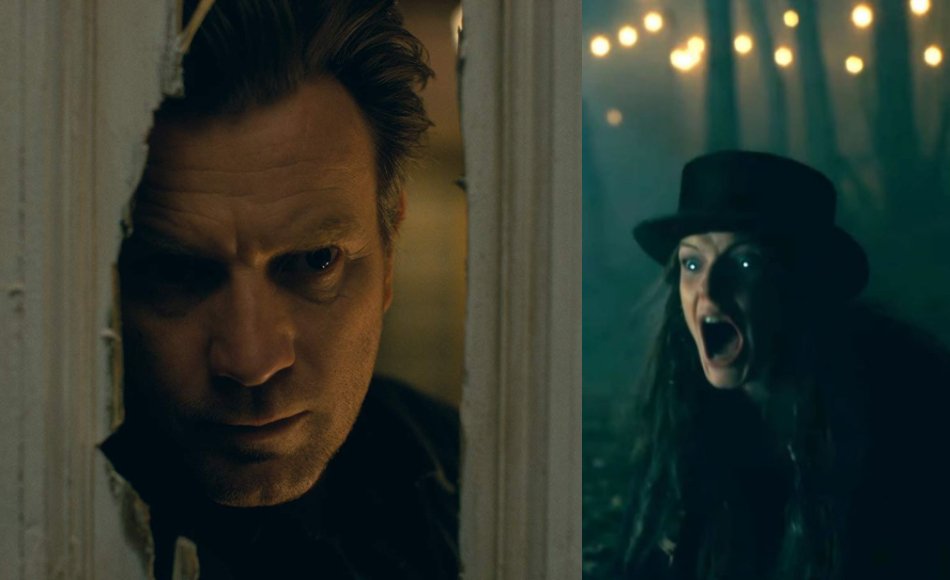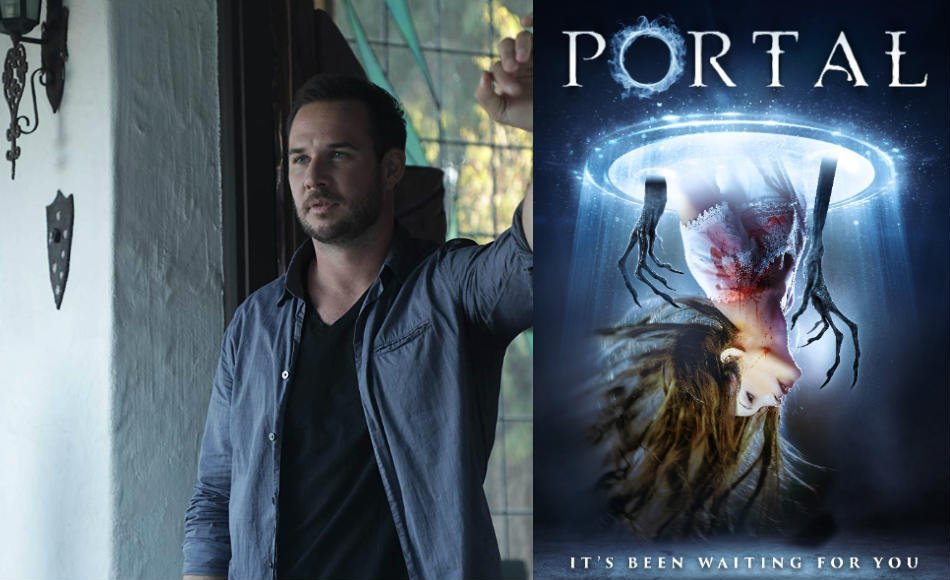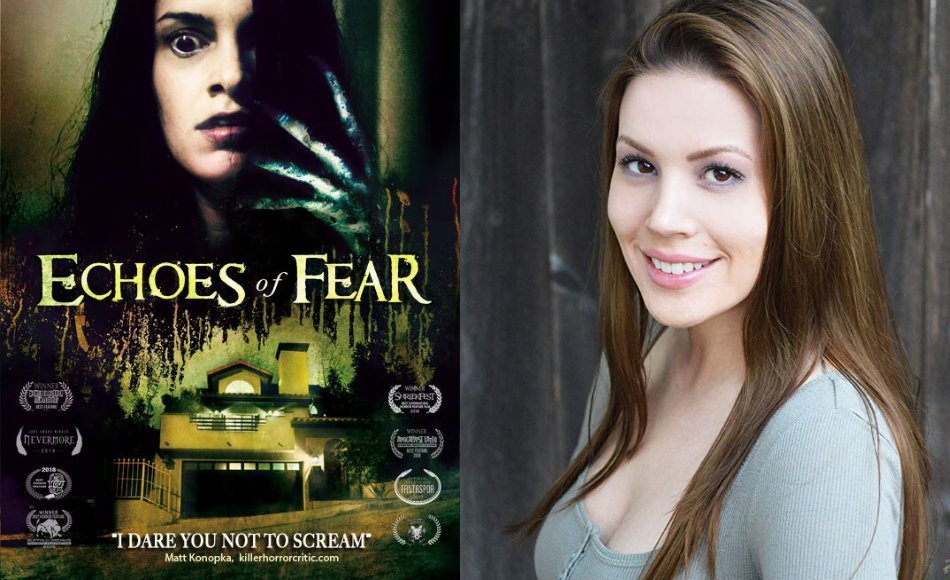Horror movies hailing from the Land Down Under have a bleakness all their own, a disconcerting quiet of social desperation, tapping into real fear for visceral and intense rides. Available on VOD, Lost Gully Road may take the definition of slow-burn horror movies to the extreme, but director and co-writer Donna McRae has crafted a sophomore effort where the meaning beneath the surface is more terrifying in implication than the ghost lurking therein.
Plot: Social media is hell for everyone, but in Lost Gully Road, Lucy discovers the hard way that it can be a case of life and death. Forced to get out of town–fast–her concerned sister Cassie finds her temporary accommodation in a region of Australia’s lush yet isolated rainforest. Physically and psychologically immobilized by fear and wrestling with extreme boredom on top of it, Lucy’s already tenuous mental health begins to crumble as we ask if her unseen visitor is a figment of her imagination or a very real threat to her safety.
Director: Donna McRae
Writer(s): Donna McRae and Michael Vale
Rating: NR
Runtime: 80 minutes
Cast: Adele Perovic (Lucy), John Brumpton (Shopkeeper), Jane Clifton (Mother) and Eloise Mignon (Cassie)
We just won Sisterhood Best Feature at @STUFtx ! Thrilled to win st this great festival! #womeninfilm #womeninhorror @DeakinArtsEd @UmbrellaEnt @Umbrella_Films @WildEyeMovies @filmvictoria pic.twitter.com/xPoYtqQsxQ
— Lost Gully Road (@LostGullyRoad) January 29, 2019
BE CAREFUL WHAT YOU FIND AT THE END OF THE LINE
The film begins with a slow and nerve-wracking ride to nowhere, as we’re pulled down the titular road right along with our lead character, Lucy, to some desolate destination. Cutting between long drawn-out shots of her car disappearing down a dirt road and extreme claustrophobic close-ups of Lucy behind the wheel, McRae sets us up for the atmosphere of the rest of the film and the mindset Lucy will come to endure—isolation can be suffocating.
Through phone calls with her sister, we learn over the course of the film that Lucy has escaped a relationship and her hiding out is an unfortunately needed consequence. It’s her sister’s plan, and though we never learn the details of the relationship, who this ex-boyfriend was or what he did, the fear Lucy’s sister has in telling her repeatedly not to use her phone and to avoid getting tracked tells us all we need to know.
There’s aloofness to Lucy, someone who may have been broken down in some way and whose sister is helping end a cycle. On medication for undisclosed but seemingly psychological reasons, we view the proceedings entirely through Lucy’s point-of-view and easily begin to question if the subtlety strange goings-on are unreliable narration or something else entirely.
Ghost stories have longed stood in for hidden anxieties and pressures, highlighting that one can never hide from what makes you afraid and danger is a constant just outside your peripheral. Lost Gully Road is no different as its ghost’s slow courtship of Lucy brings to the forefront a singular devastating truth… there are no safe spaces for women.
LOST GULLY ROAD’S GREATEST STRENGTH IS SOCIETY’S GREATEST WEAKNESS
There’s a sadness to the film, a sadness to Lucy and a sadness to the reality of the world we and Lucy inhabit. No amount of The Entity type horrors or abusive exes can come close to capturing the unsettling and all-too-true encounter Lucy has with a local shop owner as she buys supplies. He leers at her as we watch from over Lucy’s shoulder, the uncomfortable male gaze forced upon her as she shops for wine.
He comments on the alcohol she’s buying, the underwear he’s ringing up, flirting lecherously. The most painful and uncomfortable part of it all is how acceptable he finds it, how banal it all comes across and Lucy barely reacting because she’s oh so used to such behavior.
As there is no hiding from supernatural entities beyond our understanding, so is there no hiding from the way society at large has deemed it acceptable to treat women.
One could view the moving of items by the male ghost as an act of control. It and not Lucy gets to choose where furniture goes, where her belongings may be kept, and it may use her how it sees fit.
When we peer through the eyes of the ghost watching Lucy, we’re placed in the classic male gaze, carving her into nothing but a figure to be voyeuristically ogled.
Dressed in a red coat that evokes Nicolas Roeg’s Don’t Look Now and the innocence of Little Red Riding Hood, Lucy’s days begin to bleed together, nothing to comfort her but booze and long walks into a wilderness that engulfs her. Eventually, even she doesn’t know if the paranormal presence she’s experiencing is real or her own deteriorating mental state, seemingly finding comfort in it as a crutch, inviting it all too close.
Adele Perovic’s performance is a master class. She is the world of the movie and communicates everything with a look and feeling, somehow clueing you in on what the air in the room feels like, her loneliness, her regrets, her frustrations, and so much more. She does it all with sparse dialogue and only glances, mesmerizing you until you fall into the dream-like state the solitude puts Lucy herself in.
That is until you’re rendered speechless by what the darkness of that cabin is capable of.
Lost Gully Road is one of those horror movies where there is no shortage of allegories that can be culled from the classic ghost tale. Predators are everywhere, from the shop down the street to domestic dwellings to wearing the face of someone who claims to love you.
It’s not the fact there’s a ghost in the room that’s terrifying, it’s what the ghost represents, what it is, as it lures Lucy in to take that feeling of loneliness away.
But it’s a predator. No matter how far off she goes, how isolated she makes herself, no matter how hard she tries to escape, the world we live in now doesn’t change. Its attitudes towards violence against women, domestic abuse, and its reduction of the female form down to something for men to use can’t run from, as hard as that is to realize.
GET LOST DOWN GULLY ROAD
Lost Gully Road is not a perfect film, as it suffers from budget-constrained obliqueness and pushes its slow pace too far, but the messaging is far more important than its execution. This is not one of those generic horror movies with no other meaning than what lies on the surface. The writer-director knows her message and delivers it efficaciously.
Female horror filmmakers are rising more and more, and the stories they will continue to tell have the power to transform minds with a point-of-view and philosophy that cannot be replicated by anyone else, and all of us need to listen to what horror movies like this have to say.








